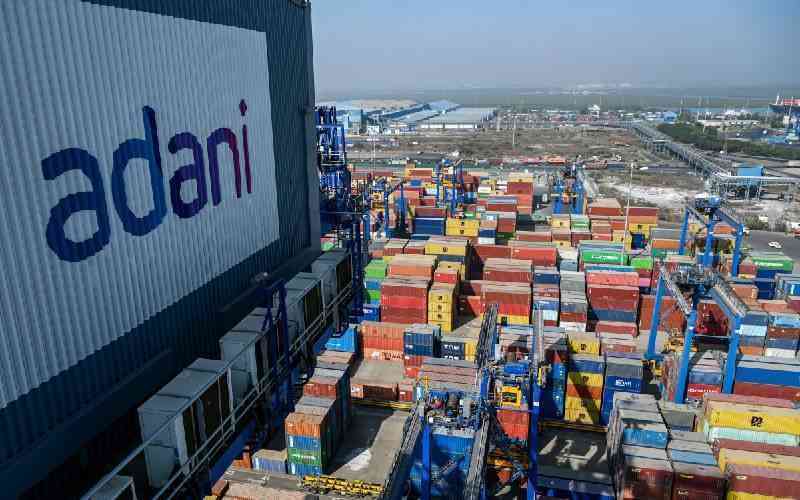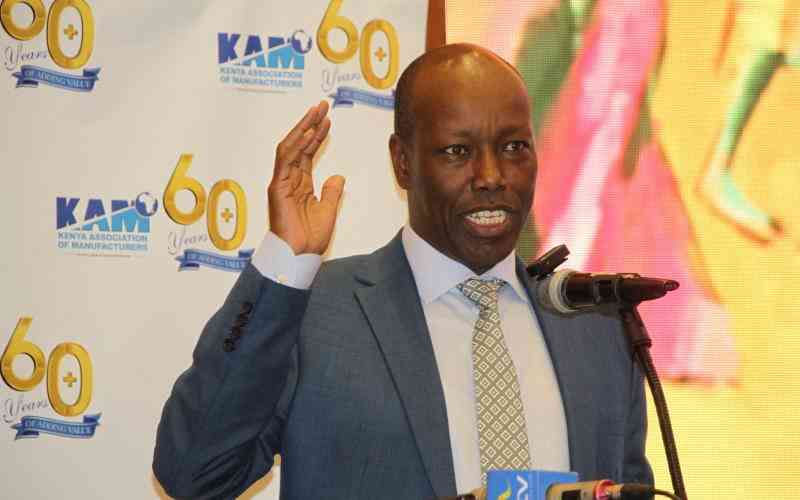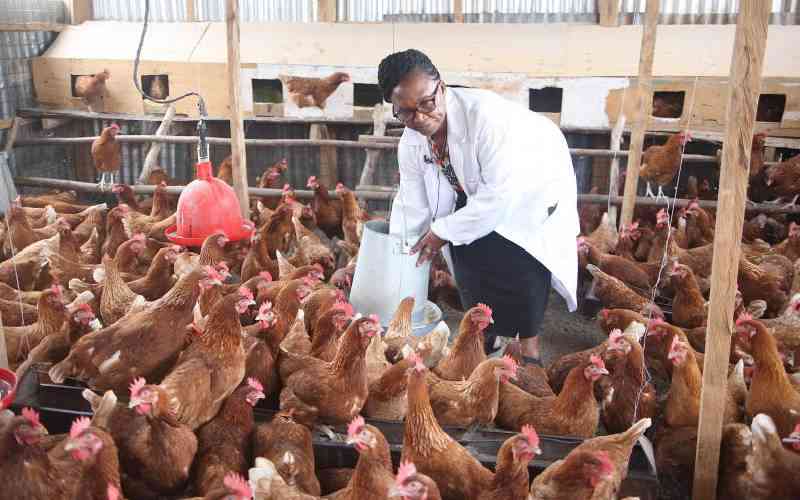
The just-ended COP29 in Baku, Azerbaijan, offers critical lessons not just for Kenya, but for other developing and industrialised countries alike.
One lesson stands out — the fight against climate change will not be won easily or quickly. It will require collective efforts of every individual, every community and every nation.
COP29 highlighted ongoing challenges of securing sufficient climate finance, particularly for developing countries like Kenya, which are on the front lines of climate change impacts and push for adaptation and loss-and-damage funding.
A key takeaway is the urgent need to hold developed nations accountable for their financial commitments under the Paris Agreement—especially the promise of $100 billion yearly in climate finance. This commitment is vital for nations most vulnerable to the effects of climate change.
Another critical takeaway is the urgency of aligning countries’ Nationally Determined Contributions (NDCs) with the new climate realities. As global temperatures rise and weather patterns shift, nations must recalibrate their climate goals to reflect the increasing risks posed by climate change.
By learning from global best practices and refining our strategies, Kenya can strengthen its efforts in conservation. Our commitment to tackling climate change will also solidify Kenya’s role as a strong advocate for Africa in international climate discussions.
However, climate action begins at home, and it is time for us to take decisive steps to safeguard our environment. There are numerous proactive measures Kenya is already taking to maintain a clean environment and promote sustainable development. These efforts span individual, community, governmental, and corporate levels.
One of the pressing issues that has long loomed over Kenya’s environmental conversation is waste management—especially the cleaning and rehabilitation of Nairobi River. Waste management remains a major challenge, but there is hope. We must strengthen our efforts, enforce existing laws, and commit to compliance with regulations.
To improve waste management, it’s important to embrace segregation at the household and community levels. The National Sustainable Waste Management Act 2022 requires households to separate waste at the source. To support this, households are provided with three designated bags: a green bag for organic waste, a blue bag for recyclables, and a red bag for hazardous waste.
Under this system, waste collection trucks pick up the separated waste, which is then transported to a Material Recovery Facility (MRF). The MRF has two chambers: one for wet waste (organic) and one for dry waste (recyclables). Hazardous waste is handled separately, and the waste is incinerated. The collection trucks are equipped with tracking documents issued by the National Environment Management Authority (Nema) and follow designated routes to ensure traceability.
On industrial pollution, NEMA has mapped out 145 facilities along the Nairobi River basin that discharge industrial effluent due to malfunctioning Effluent Treatment Plants (ETPs). While much of the waste from informal settlements is organic and can be managed through technologies like biodigesters, industrial pollution remains a major issue. The key to cleaning up Nairobi’s rivers is addressing the pollution caused by industries, slaughterhouses, and real estate developments that lack functioning ETPs. These facilities are responsible for over 90 per cent of the pollution in our rivers.
It’s heartening to see that Kenya has made significant strides, particularly with the plastic ban. However, we must push further to promote alternatives to plastic, such as biodegradable packaging, and encourage businesses to adopt sustainable packaging solutions.
The bottom line is that achieving a clean and sustainable environment requires all hands on deck.
The writer is the Environment Cabinet Secretary
 The Standard Group Plc is a multi-media organization with investments in media
platforms spanning newspaper print operations, television, radio broadcasting,
digital and online services. The Standard Group is recognized as a leading
multi-media house in Kenya with a key influence in matters of national and
international interest.
The Standard Group Plc is a multi-media organization with investments in media
platforms spanning newspaper print operations, television, radio broadcasting,
digital and online services. The Standard Group is recognized as a leading
multi-media house in Kenya with a key influence in matters of national and
international interest.
 The Standard Group Plc is a multi-media organization with investments in media
platforms spanning newspaper print operations, television, radio broadcasting,
digital and online services. The Standard Group is recognized as a leading
multi-media house in Kenya with a key influence in matters of national and
international interest.
The Standard Group Plc is a multi-media organization with investments in media
platforms spanning newspaper print operations, television, radio broadcasting,
digital and online services. The Standard Group is recognized as a leading
multi-media house in Kenya with a key influence in matters of national and
international interest.











